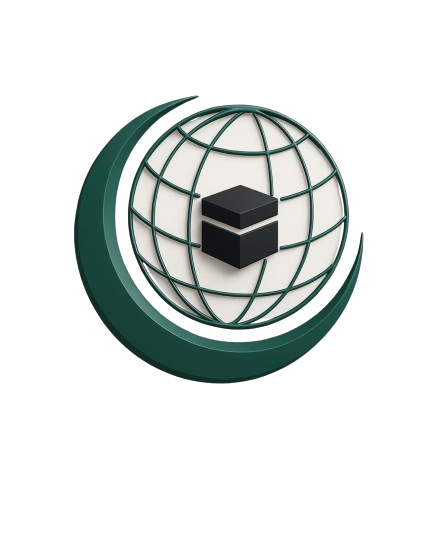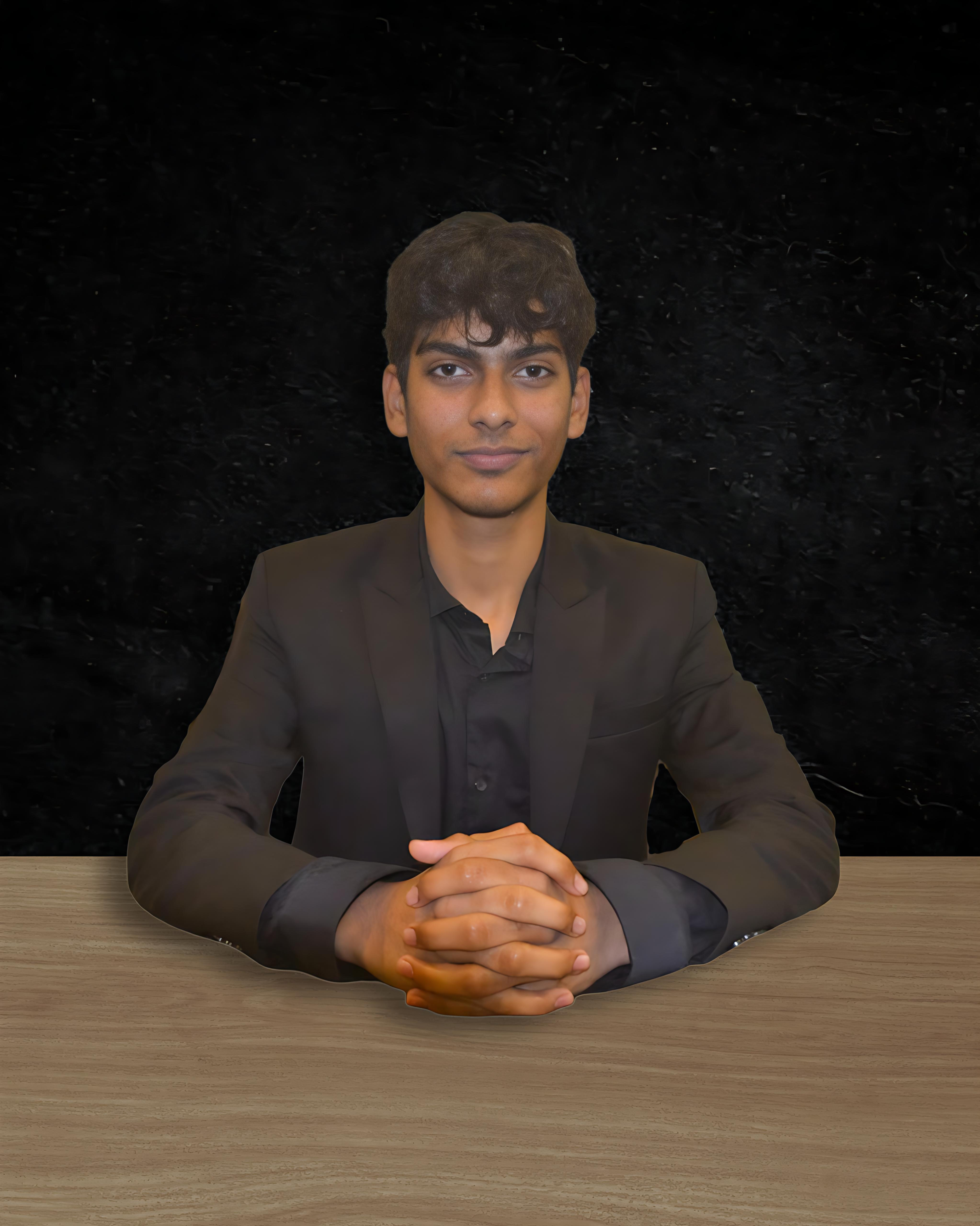
Futuristic Extraordinary Islamic Summit Conference or the Organisation of Islamic Cooperation, 2028
About the Committee
Syria's history has never been written in ink—it has always been written in ash. From the Ba'athist rise in the 1960s to the chemical clouds in Ghouta, this land has known bloodshed as legacy, war as inheritance.
Now, in a twist no one predicted, the tyrant has fallen. On 8th December 2024, Bashar al-Assad, once called "the Butcher of Damascus," fled under cover of darkness to Moscow, his regime finally devoured by the very chaos it once cultivated.
In the aftermath, rebel forces bearing the shadowed legacy of Hay'at Tahrir al-Sham declared a new Syria, pledging peace while carrying the baggage of extremism. What began as revolution now threatens to become reckoning. A coalition government backed by Kurdish military and legitimized by the Arab League was born.
Ankara declared:
"When terrorists put on suits and call themselves a government, we don't applaud—we prepare."
And prepare they did. Turkish tanks rolled toward Afrin. Intelligence agents crossed borders. In the halls of NATO, Turkey found itself abandoned. Across the Atlantic, the United States—once an important ally, armed Kurdish fighters, calling them defenders of democracy.
This committee does not convene in peace. It convenes at a precipice. With every hour, tensions rise between Iran and the new government. Between Turkey and the U.S. Between democracy and deception. Between memory and massacre.

Saksham Bihani
Chairperson

Nickunj Benani
Chairperson
Chairperson's Address
"The tyrant dies and his rule ends. The martyr dies and his rule begins."
– Sun Tzu, the Art of War
So we ask you, from the ashes of tyranny, what are we building: a future or a facade? Welcome to The Futuristic Extraordinary Islamic Summit of the Organisation of Islamic Cooperation.The dust has barely settled over Damascus. The Assad regime long feared, long condemned is no more. But what many hailed as the fall of tyranny; may now be the rise of uncertainty. Syria today is not liberated. Syria is contested, a ghost country suspended between past horrors and future chaos. With Assad gone, the world had a choice: rebuild together, or re-divide Syria for their own ends. Sadly, it seems the latter has begun to unfold.The United States, once a reluctant kingmaker in this region, now fights a war of whispers with its old ally Turkey. Ankara, emboldened by its military reach, props up a rival government in the north, while the Gulf States throw weight behind a fractured Transitional Government in the south. And between them? Broken people, a torn land, and the ashes of a revolution that dared to dream of freedom. The Syrian conflict has exposed deep divisions within the Muslim Ummah, as regional powers pursue different agendas. While Saudi Arabia and the UAE backed the Transitional Government to expand their influence in Syria and strengthen regional stability, Iran aligned with Hezbollah initially against Israeli invasions and then against the Transitional Government, to counter the growing influence of the Sunni militias and the Gulf States. These reflect not unity, but a fragmentation of the Ummah, where sectarian and geopolitical rivalries have overtaken the ideal of Islamic solidarity.
From a stalemate in the Russia-Ukraine conflict, a rift between Washington and Ankara, an unanticipated peace treaty signed by Syria and Israel to a defence agreement between Turkey, Russia and China the world has seen it all.While the establishment of this conference may represent a step toward Syria's future governance, the emergence of extremist violence particularly exemplified by Operation Socrates and the bombing of Hagia Sophia regrettably underscores that much of the nation remains trapped in the unresolved legacies of its past. The situation in Syria threatens war, not just between Turkey and Syria, but also between Tehran and Riyadh, not just between the new enemies, but also between past allies. The existence of Ummah is threatened and the entire Muslim world is endangered. Delegates, now you, as delegates of the OIC, must decide whether Syria becomes the flashpoint of a new global divide or the blueprint for multilateral rebirth.Will it become the downfall of the Islamic world or the renewal of Ummah.
Till June,
Saksham Bihani and Nickunj Benani,
Co-Chairpersons,
Futuristic Islamic Summit of the Organisation of Islamic Cooperation
2028,
futuristicoic.xmun2025@gmail.com,
X-MUN 2025,